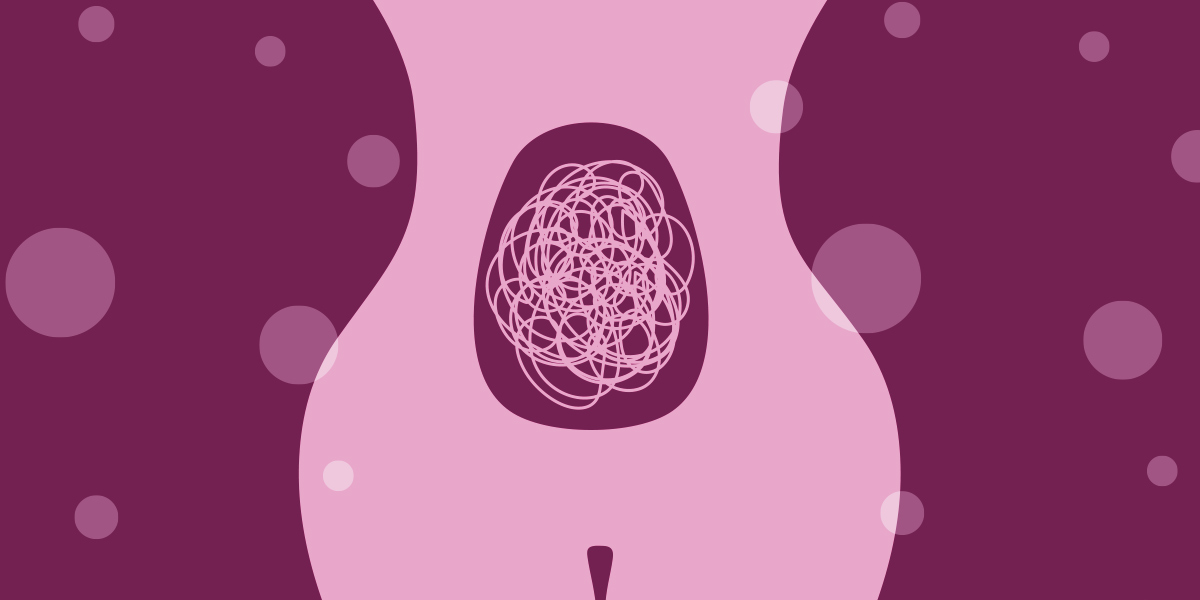A concept within digestive health that is not only fascinating but has wide-ranging effects on how we feel and function—including gut transit time (how quickly food moves through the digestive system), mood, concentration, behaviour and, potentially, food addictions—is gut integrity, which when compromised is known as ‘leaky gut’ or, in more technical terms, increased intestinal permeability.
The cells that line a healthy small intestine look like a row of neatly stacked bricks with finger-like projections (called villi). In a healthy gut, only nutrients (such as vitamins and minerals) move through the gut wall into the blood, and this is the precious process through which we are nourished and stay alive. However, the cells that line the gut can move apart, as if the bricks are stacked with gaps. This is, in fact, how we are born.
When we are born, the cells that line our digestive system are a distance apart, which is why we can’t feed all foods to newborns; foods must be gradually introduced to a child over time to prevent reactions as the gut matures. The gut is immature when we are born, and it slowly matures from birth until reaching full maturity somewhere between the ages of two and five, depending on the individual child and their health and life experiences in the early years. The cells that line the gut can, however, also come apart during adulthood as a result of the exaggerated production of a protein called zonulin, gastrointestinal infection, chronic excess alcohol consumption or prolonged stress. The chronic production of stress hormones can compromise the integrity of the gut cells and signal to them that they need to move further apart so that more nutrition can get through to the blood, as nutrient requirements increase during times of stress. Everything about us is geared for survival. Trouble is, these days, we can get stuck in this stress response.
When food travels through a gut with good cell lining integrity, it can only go straight ahead. However, if it travels through a gut in which the cells have come apart, it may go straight ahead, or it may move out of the gut and into the blood. Fragments of food are not intended to enter the blood. Nutrients from food are; but if actual fragments of food enter the bloodstream, the immune system, which is what protects you from infection, thinks that the food fragment is a germ and it mounts an immune response against it. This is one mechanism through which adults can develop food sensitivities.
In this case, you may notice that once you were able to eat anything without a problem, and now certain foods seem to cause you grief. This process can be healed by minimising the irritation to the gut lining, which may mean avoiding some foods or ingredients for a period of time while also working on nourishing the gut. Once we’ve worked out why someone has ‘leaky gut’ symptoms in the first place (what I like to call ‘the road in’) and this has been addressed, they will often be able to improve their tolerability of the foods that caused them irritation. So, understanding what had led the gut become ‘leaky’ is really important—for example, did the problem begin as a result of stress or an infection? The power to heal the symptoms is always in the why, so think about your road in.





